PRESIDIO OF MONTEREY, Calif. - Those who attended the observance of the birthday of civil rights leader Dr. Martin Luther King Jr., at the Presidio of Monterey Jan. 11 found themselves in the virtual presence of King himself. A major segment of the program was the screening of a documentary program edited from vintage 1950s and 1960s news footage related to King's life and times, with King's world-famous "I Have a Dream" speech serving as the high point in the on-screen narrative.
King delivered the speech on Aug. 28, 1963, from the steps of the Lincoln Memorial in Washington, D.C., facing a massive audience estimated at 250,000 that thronged Capitol Mall. Television news cameras were on the scene and captured the speech in its entirety. The 1963 video coverage includes close-up images of King at the podium along with panoramic and even aerial views of the event.
Seen today, the images are a grainy black-and-white film and the soundtrack has the flatness of pre-stereo recording technology. But for those who saw the speech on a big screen at the Tin Barn auditorium here, which was the Presidio venue for the birthday observance, the resonant power and conviction of King's voice and the strength of his message brought the speech to life. Many of the approximately 300 attendees who sat in rows facing the screen were youthful service members who are currently enrolled as students at the Defense Language Institute Foreign Language Center.
In an address before the screening, Maj. Riakos Adams, the event's guest speaker, related biographical details about King, beginning with his birth in Atlanta, Ga., on Jan. 15, 1929. Adams explained that King followed his father into the clergy and became the pastor of a Baptist church in 1954. Then in 1957 King joined other civil rights activists in founding the Southern Christian Leadership Conference "to harness the moral authority and organizing power of black churches to conduct nonviolent protests in the service of civil rights reform."
Said Adams: "Dr. King believed that organized protest against Jim Crow laws would lead to extensive media coverage of the struggle for black equality and voting rights. Daily coverage of the deprivation and indignities suffered by Southern blacks and of violence and harassment directed at civil rights workers and marchers produced a wave of sympathetic public opinion that convinced the majority of Americans that the civil rights movement was the most important issue in American politics in the early 1960s."
King's "I Have a Dream" speech came in the midst of a massive civil rights March on Washington, which Adams said "was conceived as an event to dramatize the desperate conditions of blacks in the southern United States and a very public opportunity to place organizers' concerns and grievances squarely before the seat of power in the nation's capital."
In the year following the speech, Adams noted, on Dec. 10, 1964, King became at age 35 the youngest recipient of the Nobel Peace Prize. Then, on April 4, 1968, King was killed at age 39 by an assassin's bullet in Memphis, Tenn., where he had addressed a rally.
Martin Luther King Jr. Day, the federal holiday commemorating King's birth, is observed in the United States on the third Monday of January each year (Jan. 17 in 2011). It was signed into law by President Ronald Reagan in 1983 and has been officially observed in all states since 2000.
The Presidio's observance of Martin Luther King Jr. Day was sponsored by the California Medical Detachment. Detachment Commander Col. Daniel Jimenez provided opening remarks and Spc. Clayton M. Downer of the detachment served as narrator. An invocation was offered by Chaplain Capt. Scott Morris and an unaccompanied singing of the national anthem was performed by Mary Stephens. The program included "An Airman's Perspective" on King's place in history by Airman 1st Class Caleb Sheldon.
'Dream' highlights
Among highlights of King's "I Have a Dream" speech are these, listed by Wikipedia:
* "I have a dream that one day this nation will rise up and live out the true meaning of its creed: Aca,!EoeWe hold these truths to be self-evident, that all men are created equal.'"
* "I have a dream that my four little children will one day live in a nation where they will not be judged by the color of their skin, but by the content of their character."
* "I have a dream that one day on the red hills of Georgia the sons of former slaves and the sons of former slave owners will be able to sit down together at a table of brotherhood."
* "This is our hope. This is the faith that I go back to the South with. With this faith we will be able to hew out of the mountain of despair a stone of hope. With this faith we will be able to transform the jangling discords of our nation into a beautiful symphony of brotherhood. With this faith we will be able to work together, to pray together, to struggle together, to go to jail together, to stand up for freedom together, knowing that we will be free one day."
* "Now is the time to lift our nation from the quicksand of racial injustice to the solid rock of brotherhood. Now is the time to make justice a reality for all of God's children."
* "Let freedom ring. And when this happens, and when we allow freedom to ring -- when we let it ring from every village and every hamlet, from every state and every city, we will be able to speed up that day when all of God's children -- black men and white men, Jews and Gentiles, Protestants and Catholics -- will be able to join hands and sing in the words of the old Negro spiritual: Aca,!A"Free at last! Free at last! Thank God Almighty, we are free at last!"

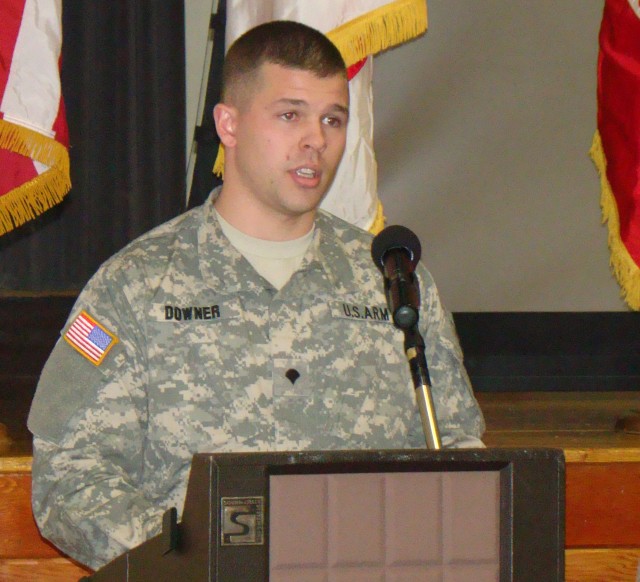
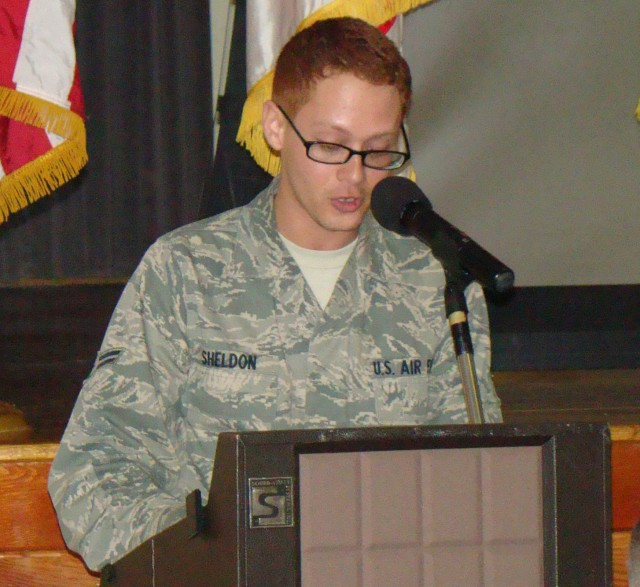
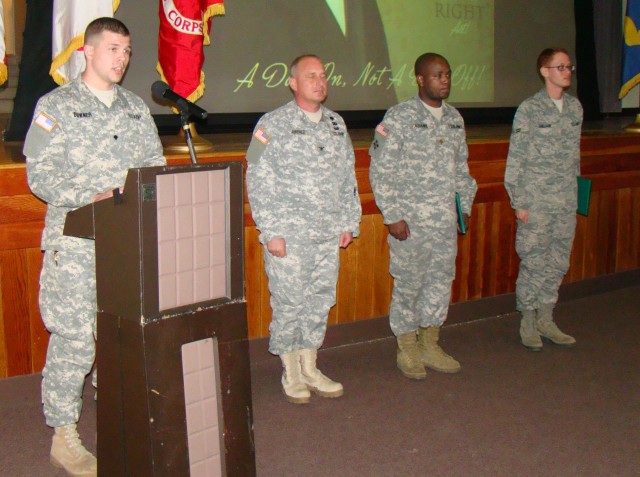
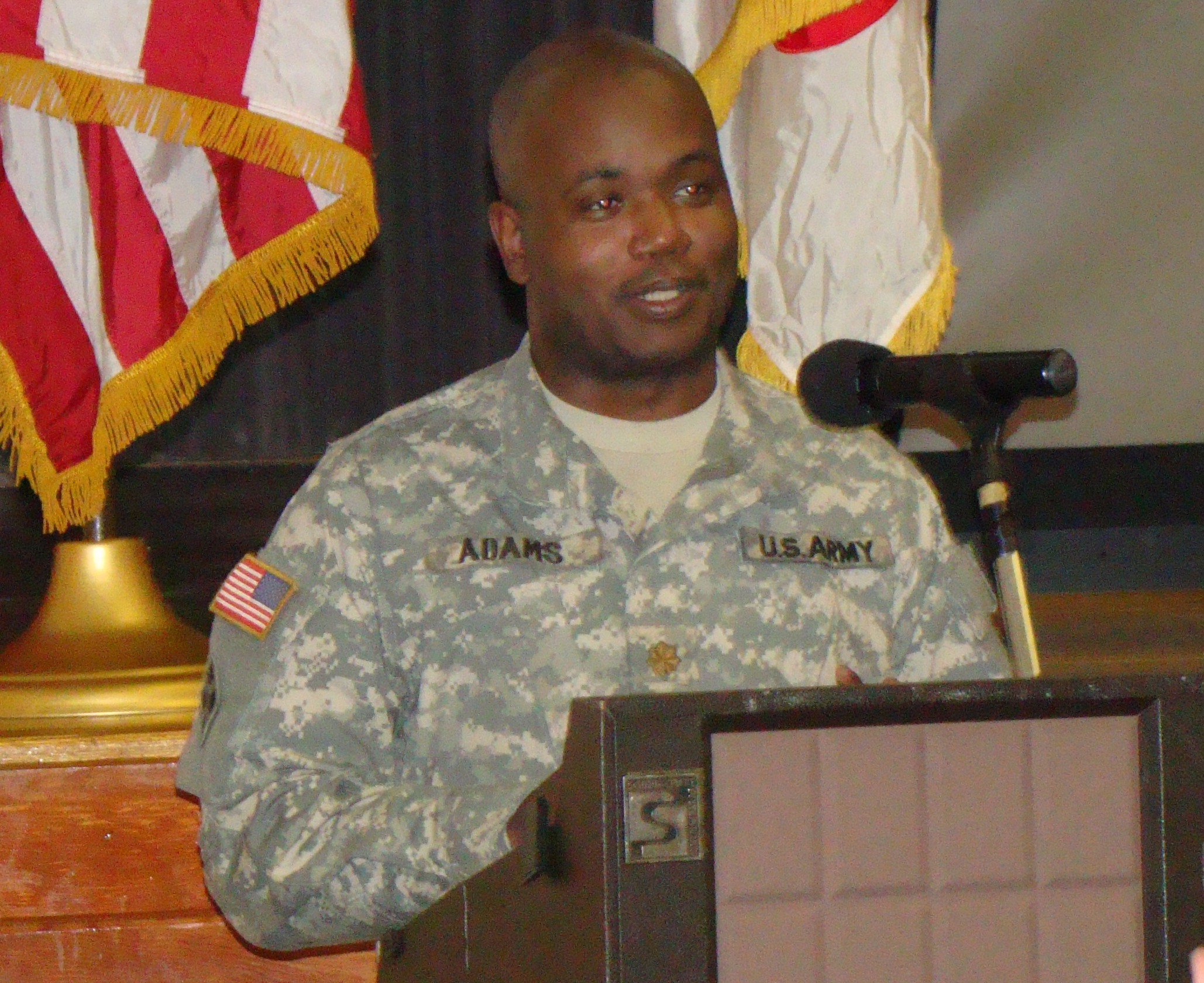
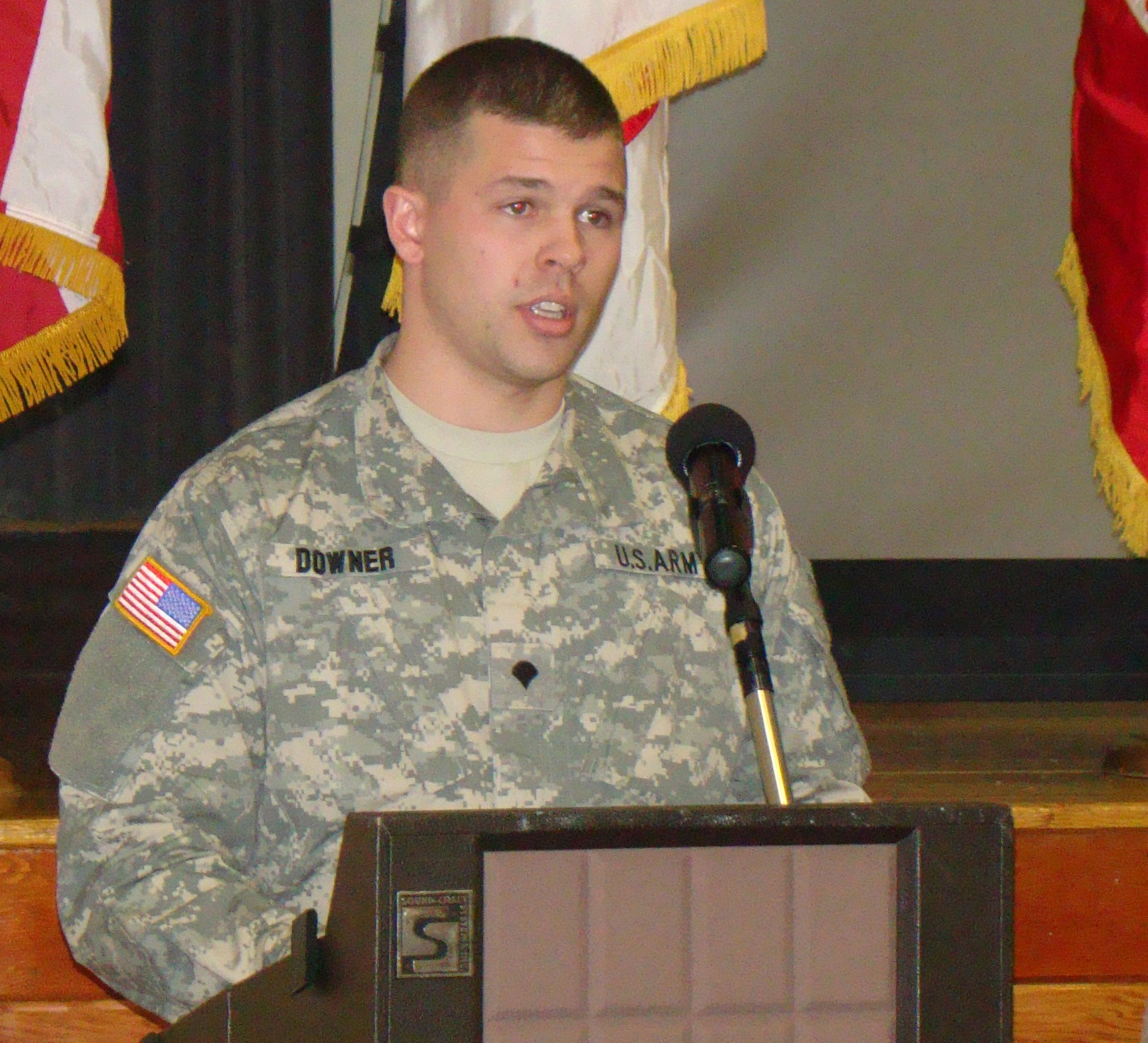
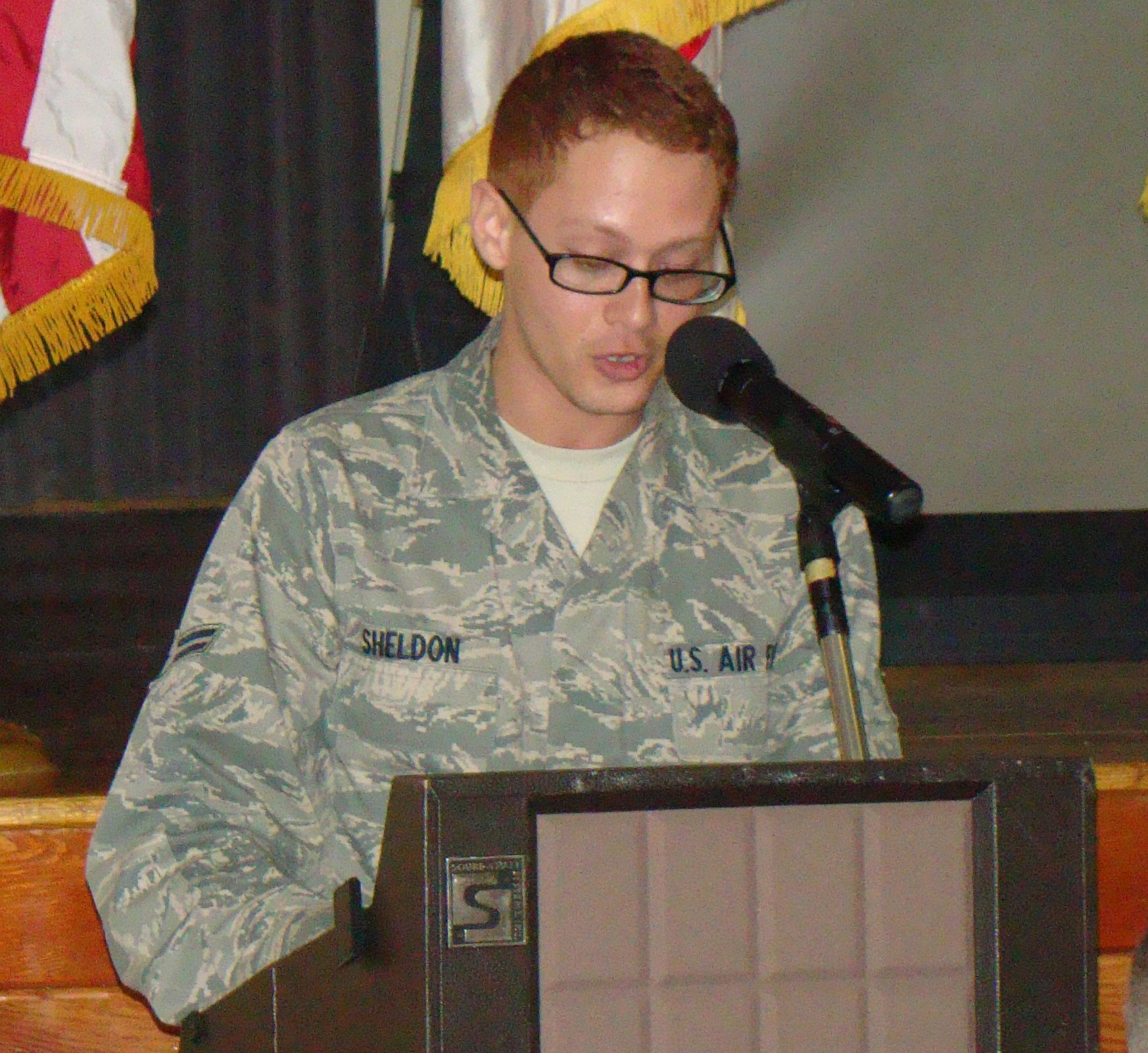
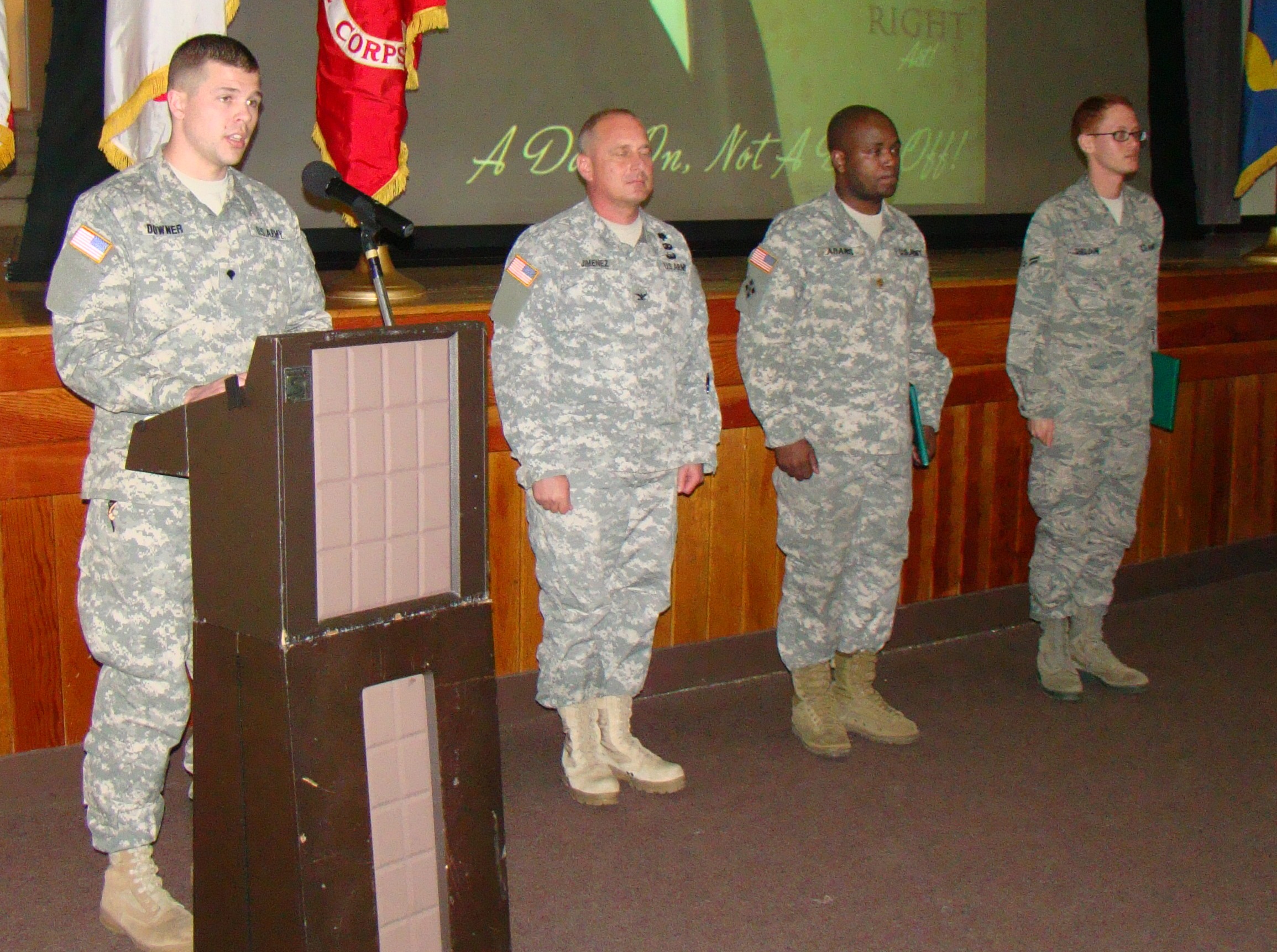
Social Sharing